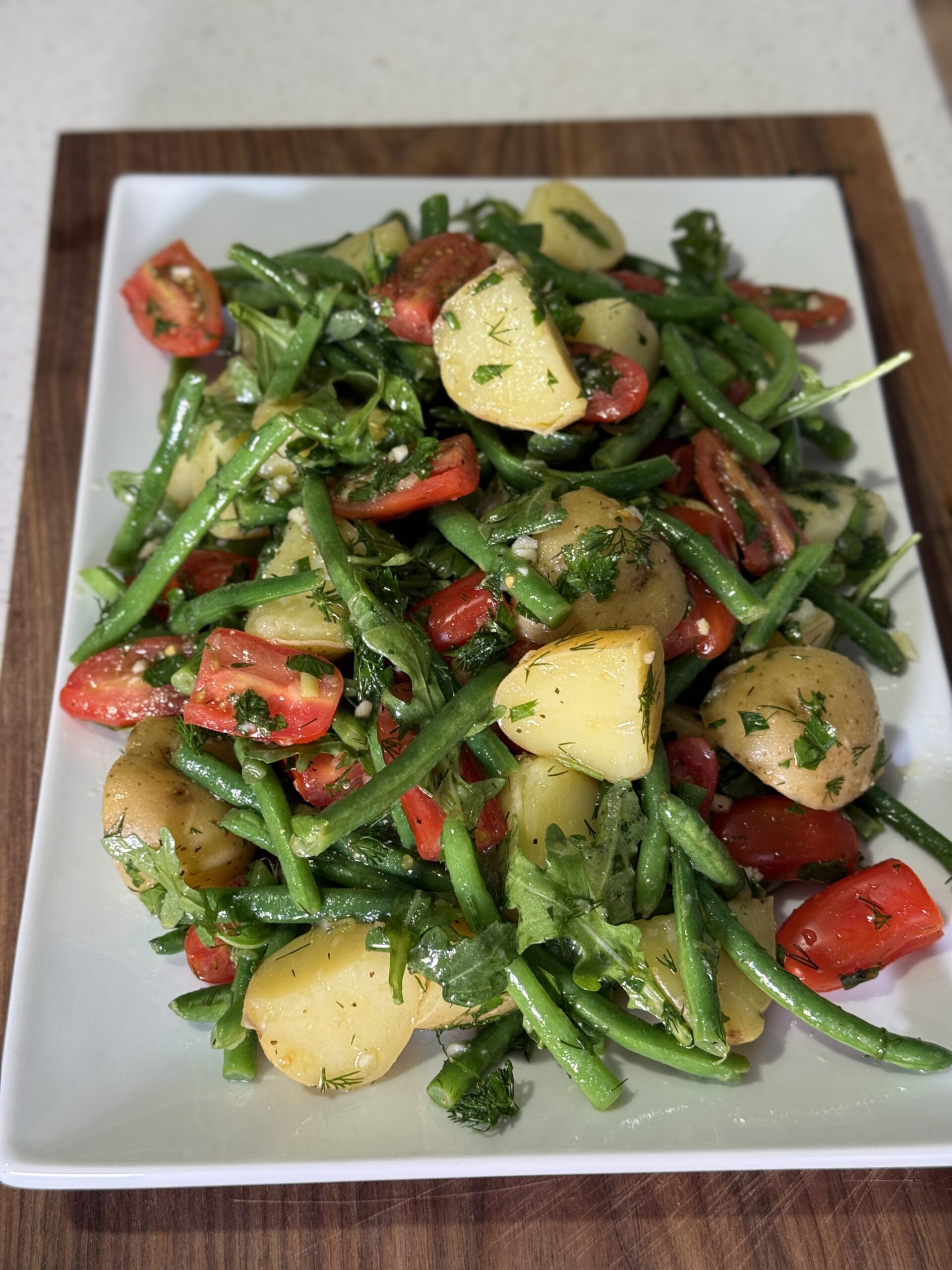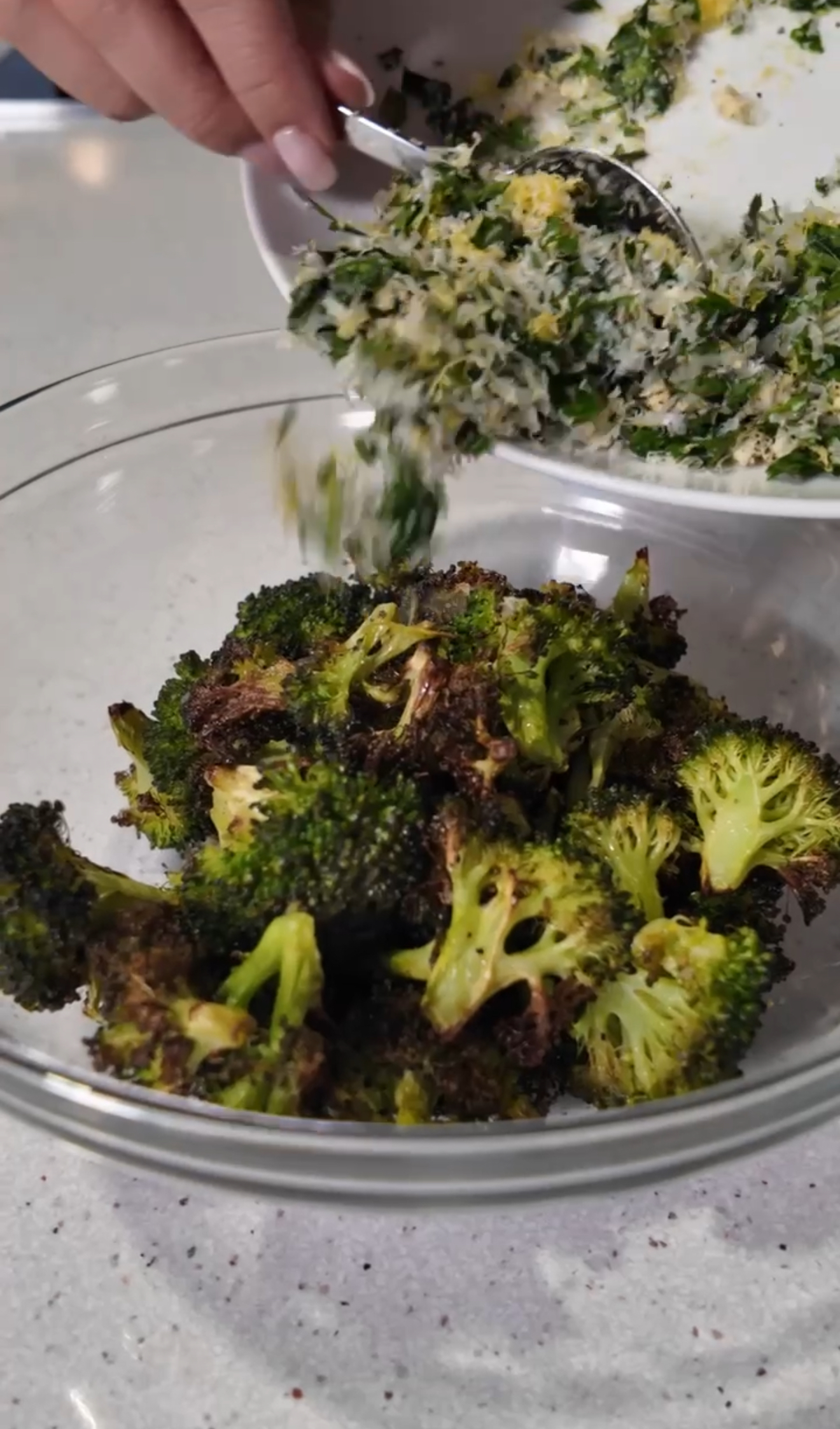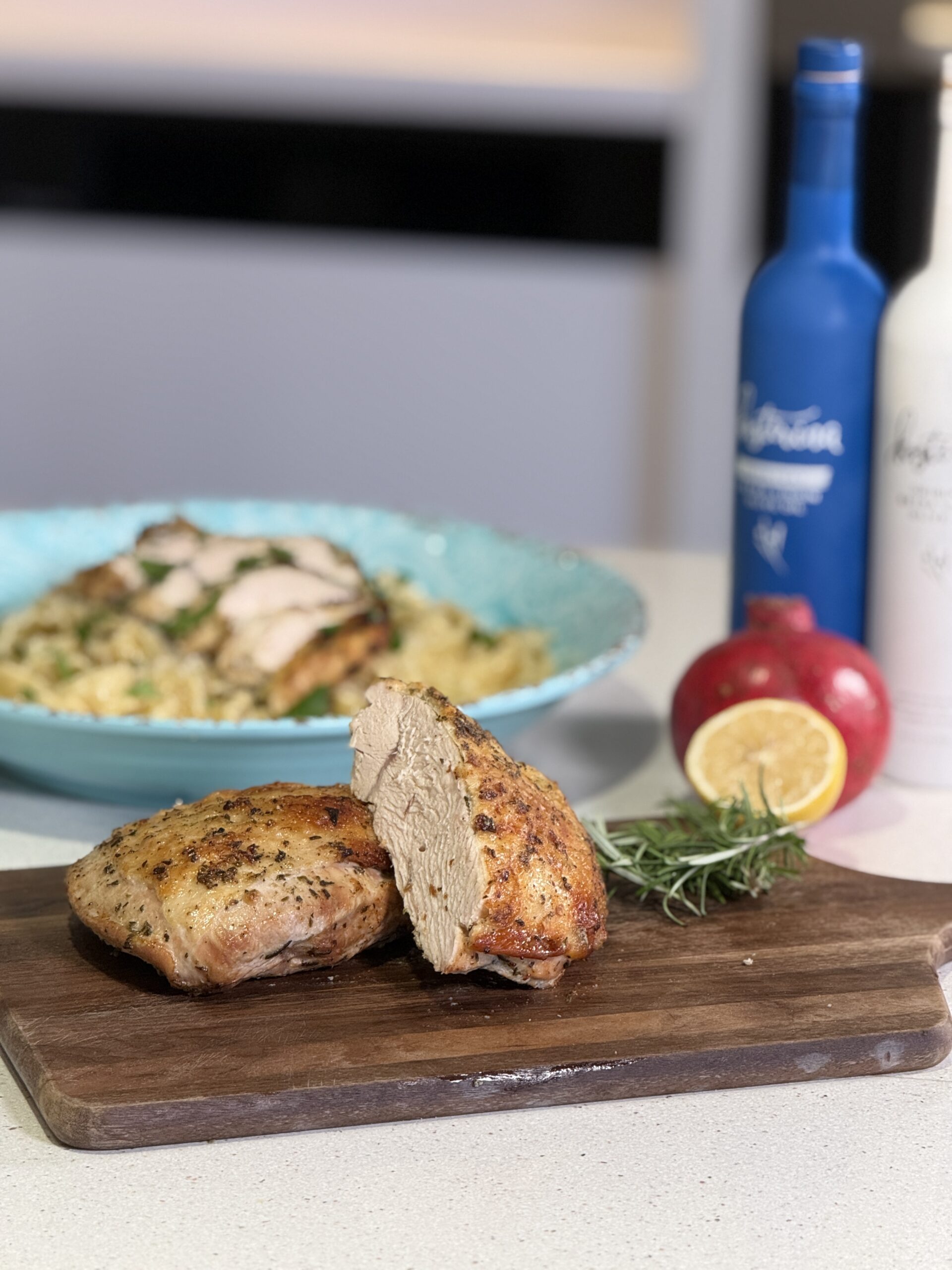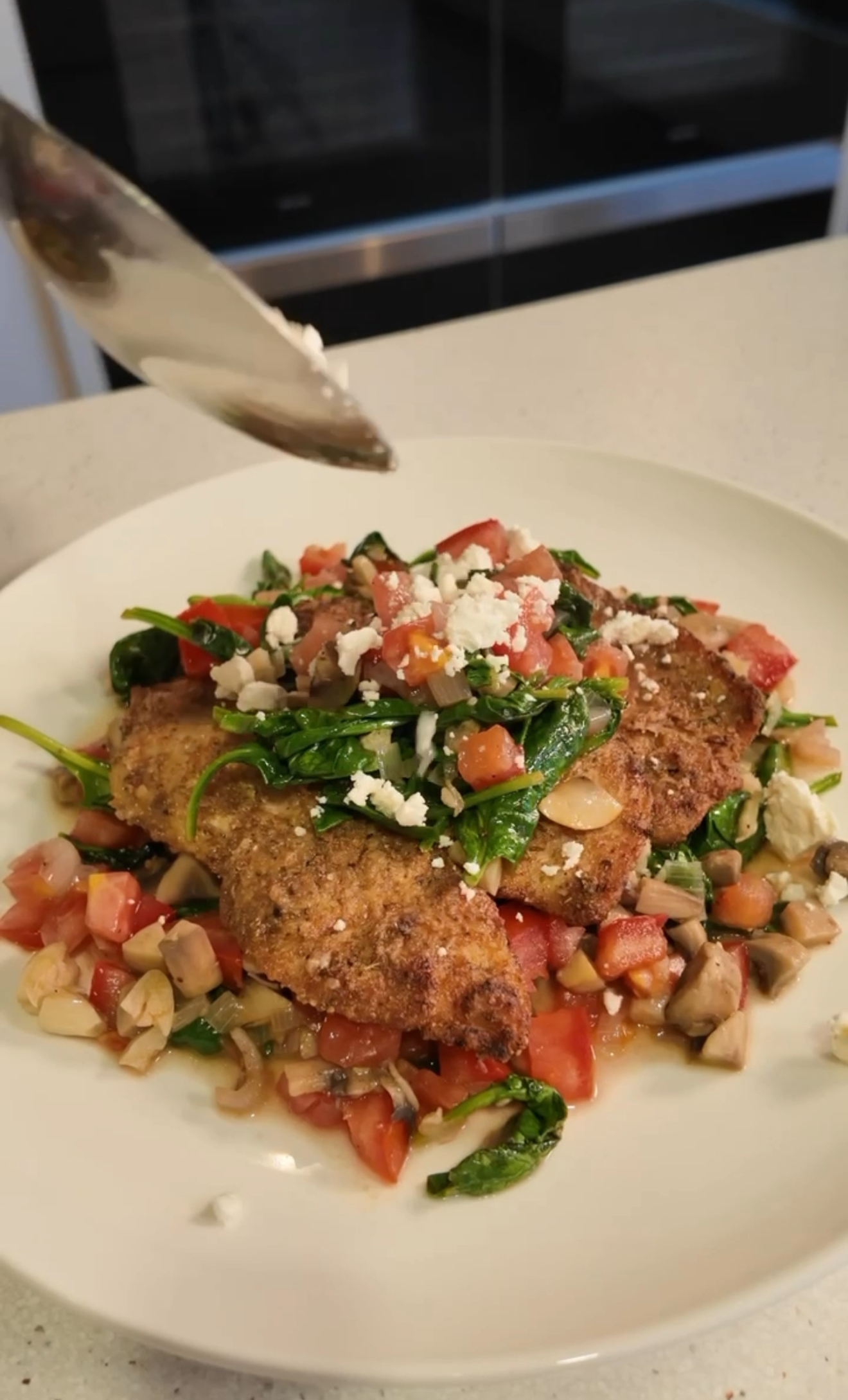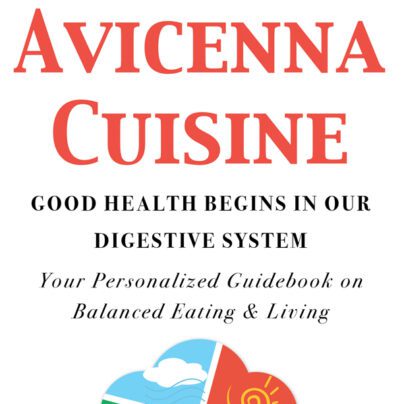Looking to improve your health with a delicious and sustainable way of eating? The Mediterranean diet is a time-tested approach rooted in fresh, seasonal foods, whole grains, healthy fats, and mindful living. What makes this guide unique is its integration of ancient Unani medicine—a holistic healing system that emphasizes personalized nutrition, digestive strength, and living in harmony with the seasons. Together, these traditions offer a powerful path to long-term wellness.
The Mediterranean Diet: Essential Tips for a Healthy Lifestyle
Key Takeaways
- The Mediterranean diet emphasizes plant-based foods, healthy fats, and moderate portions of dairy, seafood, and lean proteins.
- Unani medicine adds a layer of personalization by tailoring food choices to your temperament (mizaj), supporting digestive health, and adapting meals to seasonal needs.
- This holistic approach, combined with regular movement, quality sleep, and mindful eating, promotes long-term vitality and balance.
Understanding the Mediterranean Diet
This lifestyle is inspired by the traditional eating habits of Mediterranean regions like Greece, Italy, Lebanon, and Turkey. It prioritizes seasonal produce, legumes, olive oil, and whole grains while minimizing processed foods and excess red meat.
Equally important is the philosophy behind the meals—slowing down, eating socially, and being present at the table.
Unani Medicine And Personalized Nutrition


Unani medicine teaches that every person has a unique internal temperament—hot, cold, moist, or dry. This temperament affects how your body digests and responds to different foods.
- Hot & Dry: Benefit from moistening, cooling foods like cucumbers, melons, and yogurt.
- Cold & Moist: Do well with warming spices like cinnamon, ginger, and black seed.
Unani principles place great emphasis on digestion as the root of health. You’re encouraged to eat your main meal when the sun is highest (midday), avoid eating when emotionally upset, and chew your food slowly. These timeless teachings align beautifully with the Mediterranean tradition of mindful, relaxed meals.
Key Components of the Mediterranean Diet
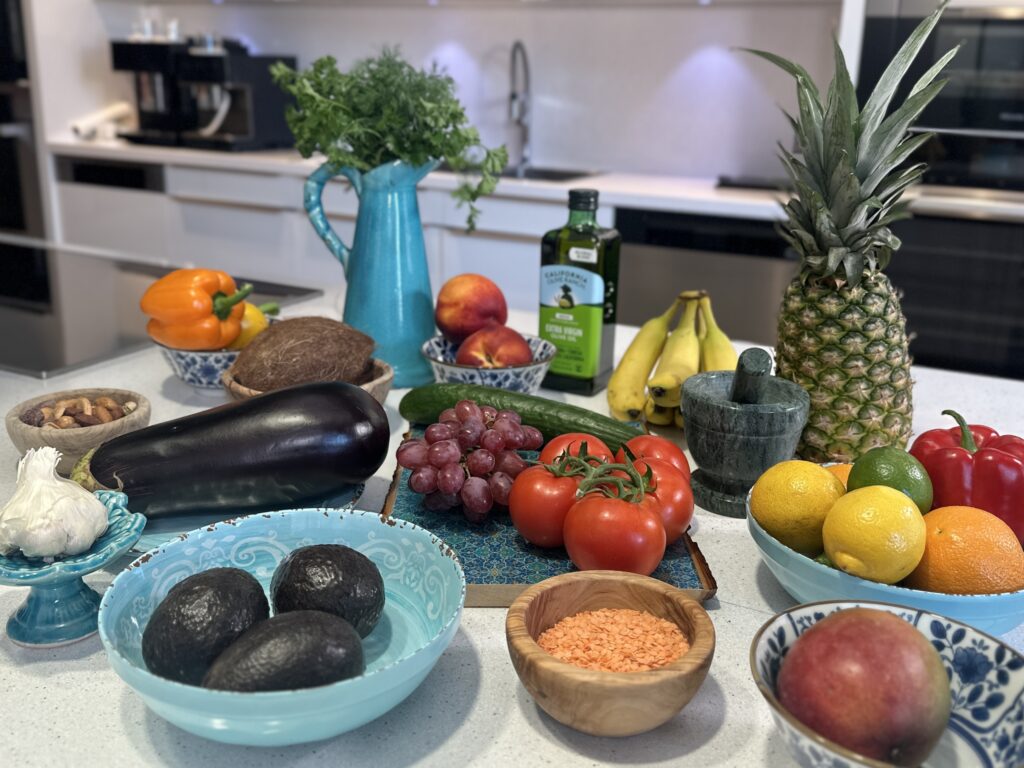

- Vegetables & Fruits: Fresh, local, and seasonal
- Whole Grains: Farro, bulgur, barley, whole wheat
- Legumes: Lentils, chickpeas, fava beans
- Healthy Fats: Olive oil, nuts, and seeds
- Herbs & Spices: Mint, parsley, oregano, thyme
- Proteins: Seafood, eggs, poultry (moderate amounts)
- Dairy: Greek yogurt, aged cheeses (in moderation)
Health Benefits
The Mediterranean diet is one of the most researched dietary patterns in the world. Studies show that it can:
- Reduce the risk of heart disease and stroke
- Support healthy blood pressure and cholesterol levels
- Improve cognitive function and memory
- Lower the risk of type 2 diabetes and metabolic disorders
- Reduce inflammation and support a healthy gut microbiome
Building a Mediterranean Diet Meal Plan
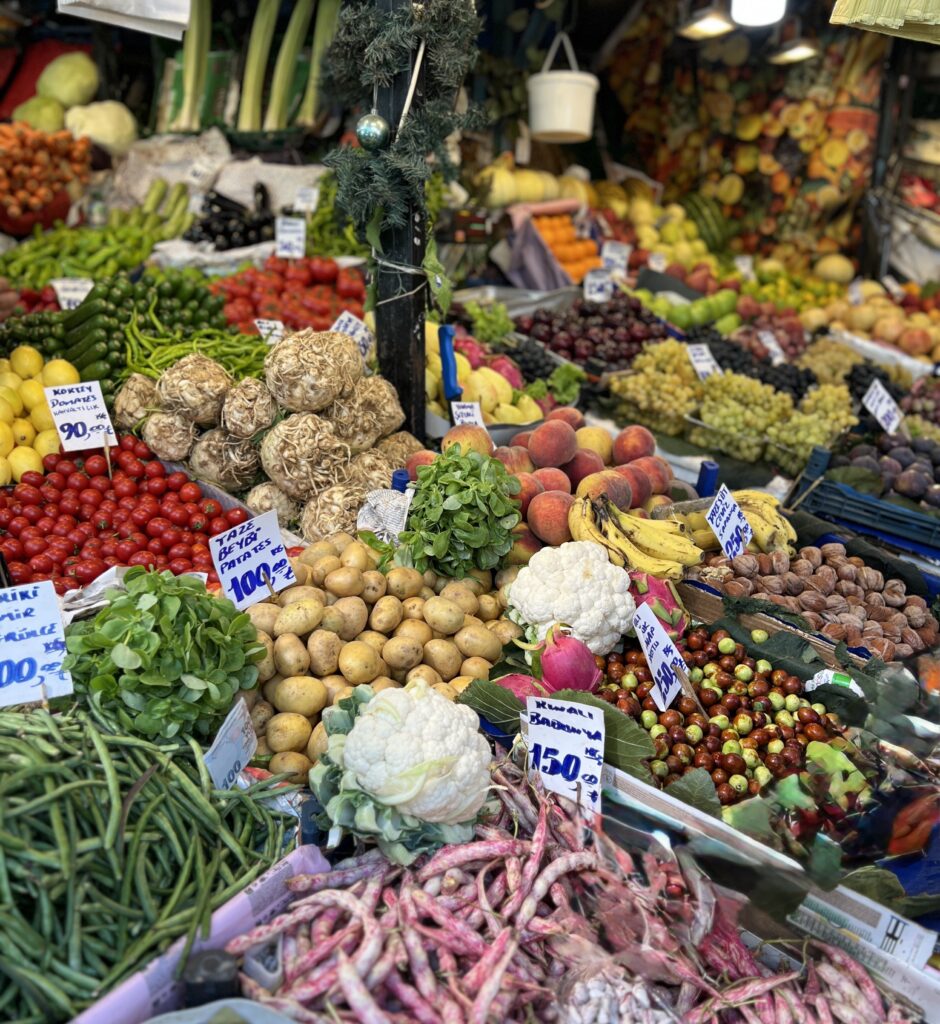

Stock your pantry with nourishing ingredients: olive oil, legumes, grains, herbs, and plenty of fresh vegetables. Unlike restrictive diets, this way of eating is flexible and enjoyable. Focus on food quality, seasonality, and variety. For a more tailored approach, consider your temperament, energy levels, and digestive comfort as guided by Unani principles.
Unani Seasonal Wisdom
Unani medicine recommends adjusting your food and lifestyle habits with the rhythms of nature:
- Spring: Eat leafy greens, herbs like mint, and cleansing foods
- Summer: Focus on hydration, cucumbers, watermelon, and cooling herbs
- Fall: Include warming legumes, root vegetables, and gentle spices
- Winter: Embrace stews, dates, and hearty grains like barley and oats
These seasonal shifts are deeply aligned with the Mediterranean tradition of eating what the land provides throughout the year.
Sample Meal Plans
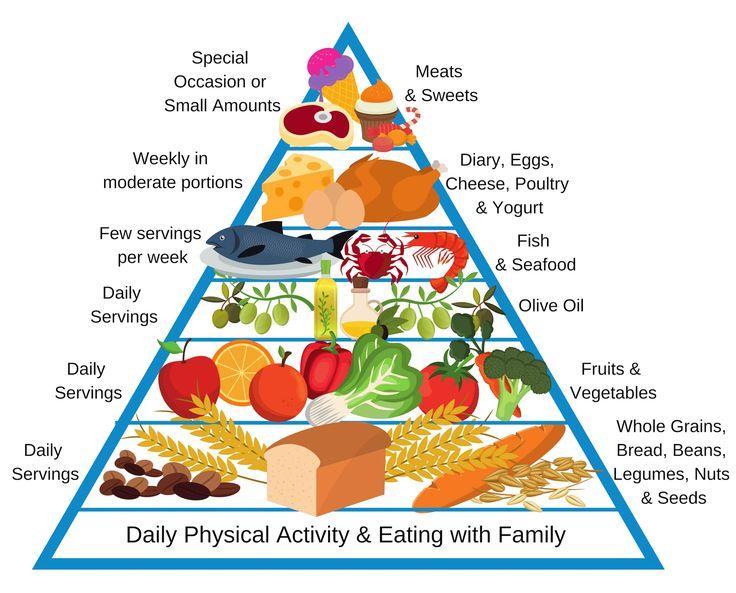

- Breakfast: Greek yogurt with berries, walnuts, and honey
- Lunch: Lentil salad with arugula, lemon, and olive oil
- Snack: Fresh figs or a handful of almonds
- Dinner: Grilled fish with roasted vegetables and farro
- Evening: Herbal tea with chamomile or fennel
Shopping List Essentials
- Extra virgin olive oil
- Legumes: lentils, chickpeas, white beans
- Grains: bulgur, farro, brown rice
- Vegetables: spinach, tomatoes, zucchini, onions
- Fruits: oranges, grapes, pomegranates
- Herbs: parsley, mint, oregano
- Nuts: almonds, walnuts, pistachios
- Dairy: Greek yogurt, feta, ricotta
- Protein: eggs, fish, chicken
Foods to Embrace and Avoid


Enjoy regularly:
- Vegetables, fruits, whole grains, legumes
- Nuts, seeds, olive oil
- Fish and lean proteins
Limit or avoid:
- Red meat and processed meats
- White bread, pastries, fried foods
- Sugary sodas, candies, and heavily processed snacks
Recommended Foods
Commonly consumed plant-based foods in the Mediterranean diet include:
- Chard
- Broccoli
- Grapes
- Parsley
- Olives
- Lentils
- Buckwheat
These foods provide essential vitamins, minerals, and antioxidants that support a healthy life.
Lean proteins like fatty fish, lean fish, and shellfish are also encouraged, offering a rich source of omega-3 fatty acids.
When dining out, opt for dishes that feature vegetables, legumes, and whole grains. Choosing grilled or baked options instead of fried foods aligns with the principles of the Mediterranean diet and supports healthy eating habits.
Foods to Limit
Infrequent consumption of red meat is a key aspect of the Mediterranean diet, with an emphasis on smaller portions. Processed foods are discouraged, promoting a focus on whole and natural ingredients for better health outcomes. Reducing the intake of unhealthy fats and highly processed foods is essential for maintaining a healthy diet.
Limiting these foods supports heart health and reduces the risk of chronic diseases. Emphasizing plant-based foods and healthy fats ensures a balanced and nutritious eating pattern that promotes long-term well-being.
Unani Wisdom on Key Foods
- Olive Oil: Deeply nourishing for the body and mind. It strengthens digestion, supports circulation, and lubricates the joints.
- Dates: Warming, grounding, and ideal for postpartum support or colder months.
- Honey: A natural digestive and immune booster—especially when raw and local.
Healthy Fats: Olive Oil, Nuts and Seeds
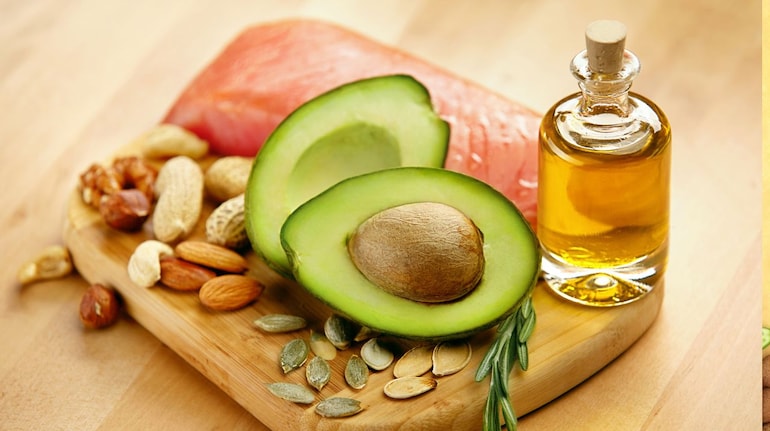

Healthy fats are essential for hormone balance, brain health, and heart function.
- Olive oil is a central feature of every Mediterranean meal.
- Nuts and seeds provide fiber, plant-based protein, and essential minerals.
Together, they help absorb fat-soluble vitamins and support healthy cholesterol levels.
One of my favorite olive oils to use in the kitchen is Kosterina Extra Virgin Olive Oil—a high-polyphenol, cold-pressed oil made from early-harvest Koroneiki olives in Greece. It has a bold, peppery flavor that’s ideal for dressings, drizzling over warm grains, or finishing grilled fish.
Click here https://www.kosterina.com/SAMIRA11505 for 15% off Kosterina Olive Oil—a Mediterranean kitchen essential that I personally love and use often.
Kosterina is high in polyphenols, which act as antioxidants and help fight inflammation. It’s perfect for daily Mediterranean cooking.
Physical Activity and Holistic Wellness
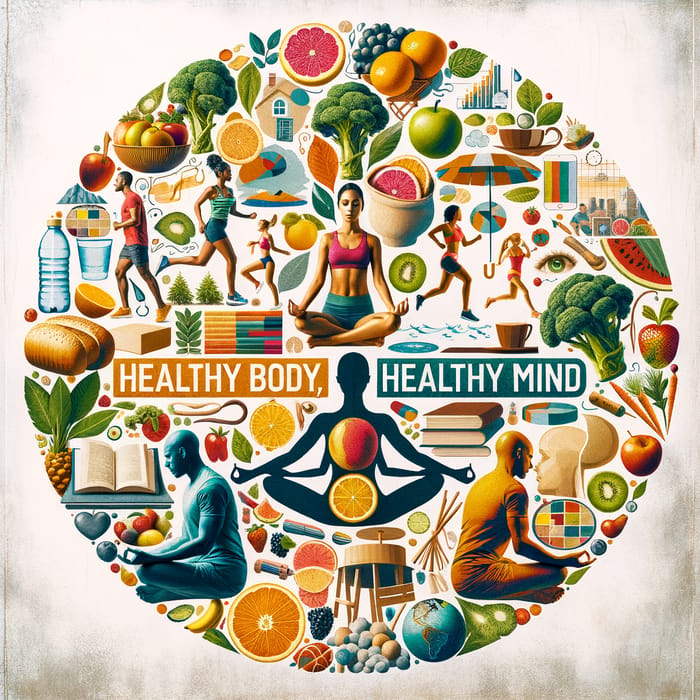

Physical movement is not an afterthought—it’s part of the Mediterranean way of life. Walks after meals, dancing, gardening, swimming, or gentle yoga all contribute to better digestion, circulation, and mood.
Unani philosophy encourages balance: movement should be invigorating, not exhausting. Daily moderate activity maintains your body’s inner rhythm.
Mindful Eating in Unani Medicine
- Eat in a relaxed, peaceful environment
- Avoid screens and distractions
- Express gratitude before your meal
- Chew your food thoroughly
- Avoid eating when anxious or rushed
These simple practices enhance not just digestion, but your relationship with food.
Types of Exercise
Adults should follow the 2018 Physical Activity Guidelines for Americans, including both moderate activity and vigorous activities. Moderate activities like walking and weightlifting, as well as vigorous activities like running and swimming, are recommended for maintaining health.
Combining aerobic and strength training exercises supports overall health and well-being. Regular physical activity is vital for supporting cardiovascular health, reducing the risk of chronic diseases, and enhancing mental well-being.
Benefits of Staying Active
Engaging in regular physical activity contributes to stronger heart and lung function, improved blood vessel health, and overall cardiovascular benefits. Physical activity helps maintain a healthier weight by increasing calorie expenditure and building muscle strength, which can help lower blood pressure.
Additionally, regular exercise enhances mental well-being by reducing symptoms of anxiety and depression and improving mood. Increased levels of physical activity are associated with a longer lifespan, promoting overall brain health and longevity. It is important to exercise regularly for optimal health.
Alcohol Consumption Guidelines
The Mediterranean diet traditionally includes moderate consumption of red wine—usually one small glass with dinner.
While alcohol isn’t encouraged as a health practice overall, an occasional glass of red wine is generally acceptable. It’s up to you. If you choose to enjoy it, do so in moderation and always with food.
Long Term Adherence Tips
- Focus on how food makes you feel—not on numbers or calories
- Eat with others when possible
- Shop seasonally and locally
- Prepare your meals ahead to stay consistent
- Treat this as a lifestyle, not a trend
Eating Out
- Choose restaurants that serve Mediterranean or whole-food dishes
- Order grilled, roasted, or baked foods
- Ask for olive oil-based dressings and sauces
- Avoid fried foods and sweetened drinks
- Share appetizers or sides to try a variety of flavors
Overcoming Challenges
- Keep your kitchen stocked with essentials
- Batch cook and freeze staples like grains and soups
- Join a wellness group or community that shares your goals
- Allow flexibility—this isn’t about perfection, but progress
Summary
The Mediterranean diet, enhanced by the wisdom of Unani medicine, offers more than a meal plan—it’s a lifestyle rooted in balance, seasonal alignment, and nourishing the whole self. From digestion and mental clarity to heart health and emotional well-being, this way of living helps you thrive from the inside out.
At Mediterranean Healthy Living, we believe that food is medicine, wellness is seasonal, and joy belongs at the table. If you’re ready to take the next step toward a balanced, vibrant lifestyle, explore more of our wellness guides, recipes, and inspiration at MediterraneanHealthyLiving.com.
Let’s keep building your healthiest, happiest life—one delicious bite at a time.
Frequently Asked Questions
What are the core principles of the Mediterranean diet?
The core principles of the Mediterranean diet include a focus on fresh, seasonal ingredients and plant-based foods such as fruits, vegetables, whole grains, legumes, and nuts, along with the use of healthy fats like olive oil. This dietary pattern promotes overall health and well-being.
How does the Mediterranean diet benefit heart health?
The Mediterranean diet benefits heart health by lowering risk factors for cardiovascular diseases through the intake of healthy fats, plant-based foods, and antioxidant-rich options that possess anti-inflammatory properties.
What foods should I avoid on the Mediterranean diet?
Avoid red meat, processed meats, highly processed foods, and unhealthy fats while emphasizing whole, natural ingredients for optimal adherence to the Mediterranean diet.
How can I maintain the Mediterranean diet when eating out?
To maintain the Mediterranean diet while dining out, prioritize meals rich in vegetables, legumes, and healthy fats, and prefer grilled or baked selections over fried dishes. Making thoughtful choices in advance will support your dietary goals.
What role does physical activity play in the Mediterranean diet?
Physical activity significantly enhances the benefits of the Mediterranean diet by supporting cardiovascular health, aiding in weight management, and contributing to overall well-being. Incorporating regular exercise is essential for maximizing these health advantages.








